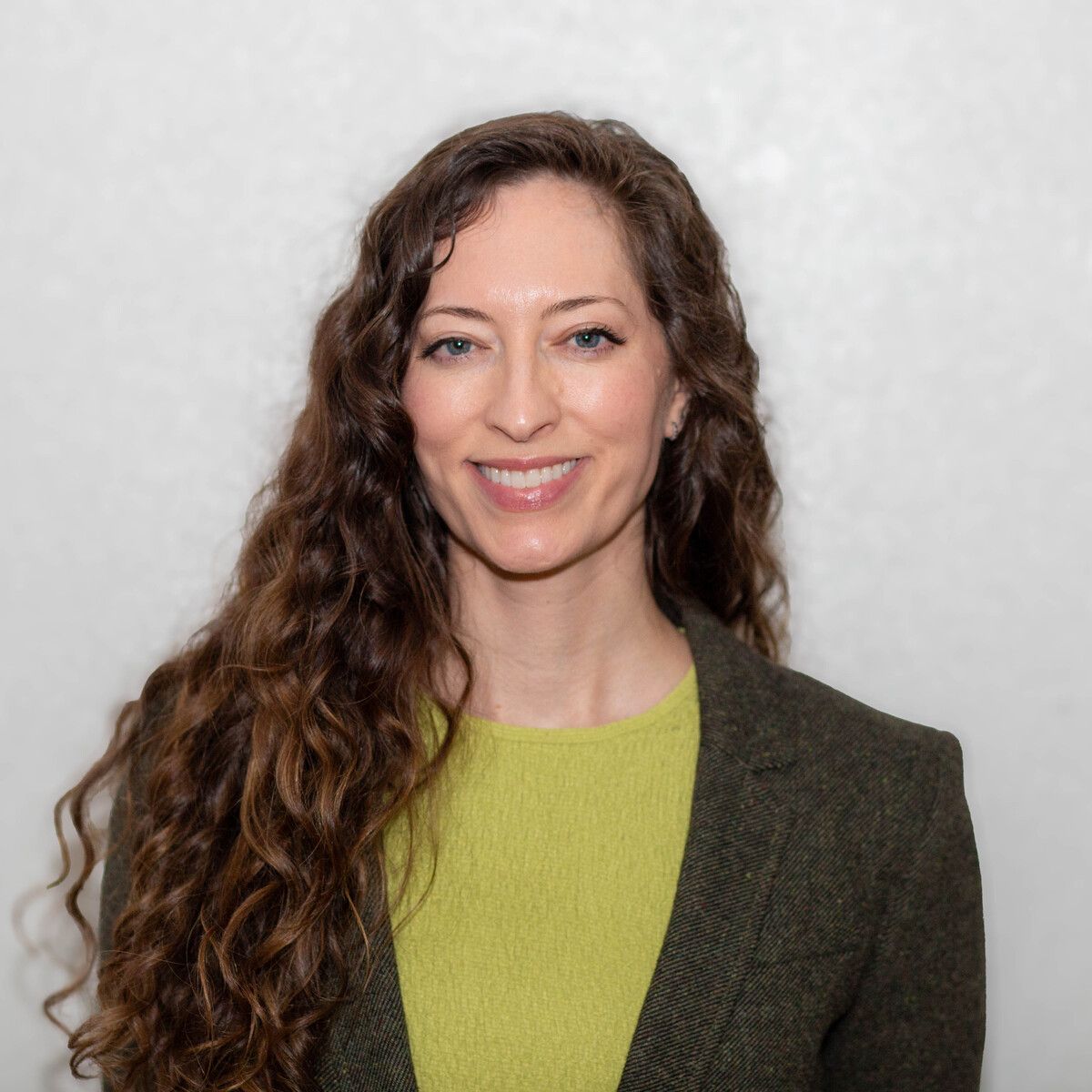What you probably already know: Pope Francis, the first Latin American and Jesuit pontiff, died yesterday morning at the age of 88. He made his final public appearance on Easter Sunday shortly after receiving a visit from U.S. Vice President JD Vance. Francis was the first pope to take his papal name from St. Francis of Assisi, a 13th-century friar known for frugality and championing the poor and those ostracized from society. Throughout his 12-year papacy, Francis advocated for migrants, marginalized groups, and environmental change. Following decades of conservative leadership, Francis ushered the church into a new era of inclusivity. He was praised for expanding opportunities for women, but faced criticism from those who hoped he would do more.
Why? Francis appointed more women to top Vatican positions than any previous pope. In 2022, he made history by reforming the Roman Curia (the church’s government), which, among other things, allowed him to promote three women to the Dicastery for Bishops, the Vatican office charged with selecting potential bishops. He also allowed women to vote alongside bishops in Vatican meetings and permitted them to serve as lectors and acolytes in parishes. In total, Francis appointed around 20 women to positions of authority in the Vatican. He most recently raised Sister Simona Brambilla to become the Vatican’s first female prefect of a dicastery and appointed Sister Raffaella Petrini president of the Vatican City State, making her the highest-ranking woman in Vatican administration.
Despite making historic changes to the Roman Catholic Church’s patriarchal leadership system and advocating for more female theologians, some were frustrated that he stopped short of allowing women to serve as deacons, much less priests. The Women’s Ordination Conference said in a statement released after Francis’ death that while “shifts toward the inclusion of women cannot be understated… we lament that this did not extend to an openness to the possibility of women in ordained ministry. His repeated ‘closed door’ policy on women’s ordination was painfully incongruous with his otherwise pastoral nature, and for many, a betrayal of the synodal, listening church he championed. This made him a complicated, frustrating, and sometimes heart-breaking figure for many women.”
What it means: Equality within the church has not been achieved. Anna Rowlands, a Durham University professor and occasional Vatican adviser, said Francis’ efforts to include women were complicated. "He did more than any other pontiff to ensure that women are included in greater numbers and higher positions of authority," she told Reuters. "Yet, most of that change was precisely within existing parameters, flexing the system (only) a little." During his time as pope, Francis created two commissions to examine whether women could be ordained deacons. The first spent three years studying the Bible to find whether women had served as deacons during the early centuries of the Church. Their report was not made public, but Francis said the commission couldn’t reach a consensus. The second commission was created in 2020 but never finished its work. These ultimately disappointed those who believed Francis might change his stance and permit women to enter the clergy.
What happens now? On the day of Francis’ death, an invitation to attend the general congregation of cardinals ahead of the upcoming conclave (when a new pope will be elected) was mistakenly sent to Sister Brambilla. The meetings are exclusively attended by cardinals, a position available only to men. The invitation to Brambilla, which was addressed using a masculine title, is an ironic reminder of the pathways Francis both opened and barred. Time will tell whether his reforms for women will one day extend to the papacy, the College of Cardinals, and the priesthood. Francis’ successor will have the power to expand what Francis started, or close the book on women’s leadership altogether.


